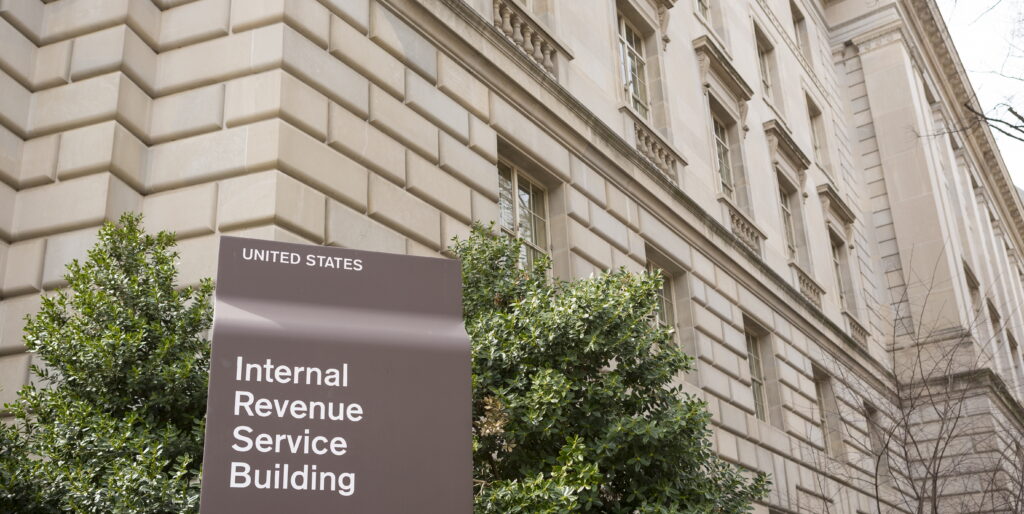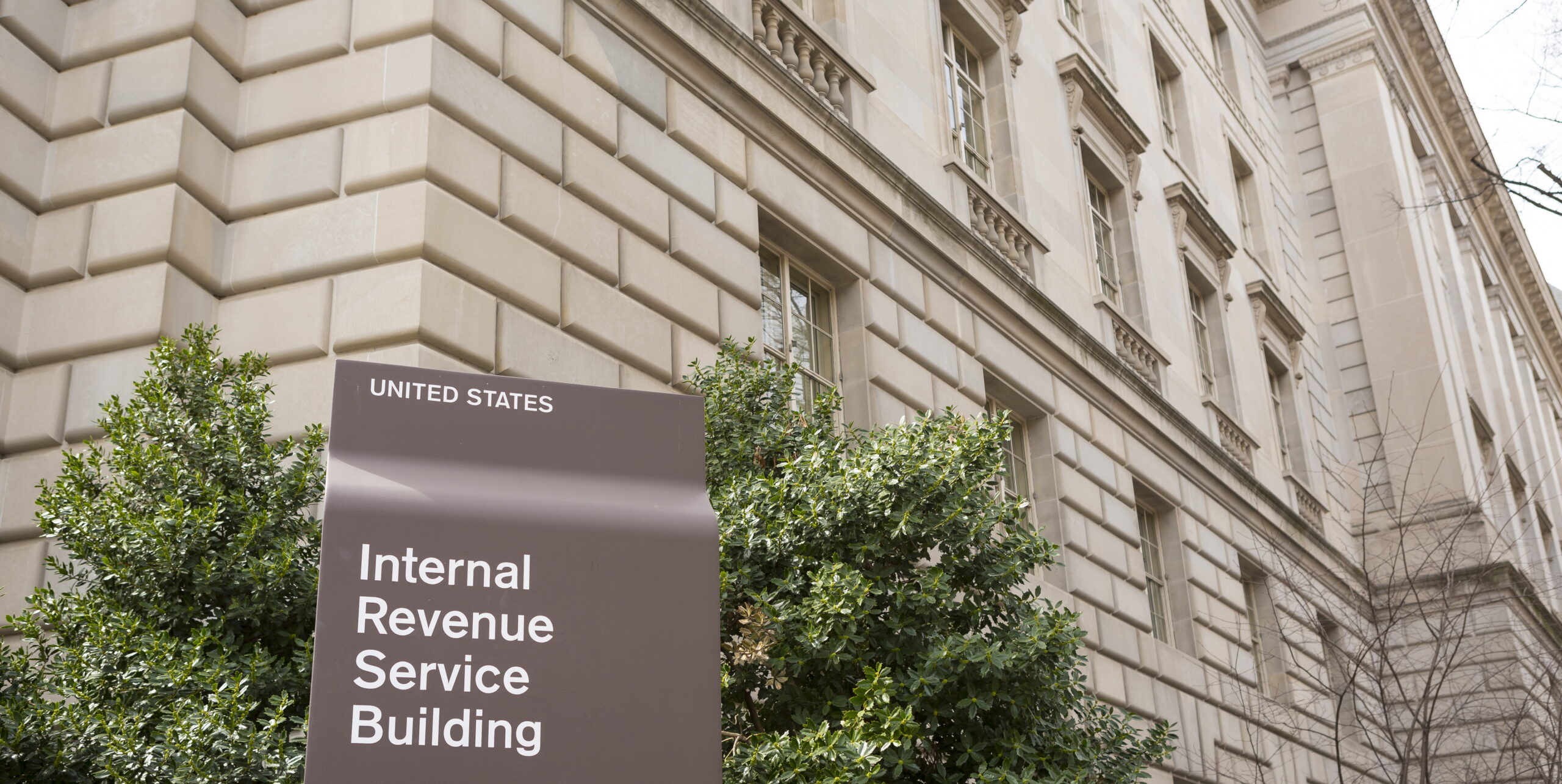
Bipartisan legislation introduced Feb. 4 by House Ways and Means Members Brad Schneider (D-IL) and Darin Lahood (R- IL) would modernize real estate investment trust (REIT) tax provisions to permit REITs to invest equity in struggling commercial tenants that have been harmed by the COVID-19 pandemic. (News release, Feb. 4)
- The Retail Revitalization Act of 2021 (H.R. 840) – strongly supported by The Roundtable and a coalition of real estate, retail, and labor interests – would help address the challenges in the retail sector that have been exacerbated by the coronavirus. Failure to make these changes could result in further retail bankruptcies, liquidations of retail businesses, large-scale job losses and a collateral impact on related supply chains that service the sector.
- “The COVID-19 pandemic has decimated the retail sector, resulting in lost jobs and shuttered doors. Retailers across the county are already facing bankruptcy, liquidation or large-scale job losses. Allowing REIT landlords to infuse more capital into their retail tenants will help offset the retail sector’s devastating losses caused by the pandemic and save jobs,” said Rep. Schneider.
- Rep. Lahood added, “Retailers need more funding as they work to recover from the pandemic and this legislation will help infuse critical private capital into small businesses struggling.”
- Roundtable member Brian Kingston, CEO of Brookfield Property Group commented, “As one of the largest shopping mall owners in the U.S., we have seen first-hand the devastating effects the pandemic has had on many of our tenants. A modernization of the REIT rules—like those contained in the Retail Revitalization Act—will allow us to respond to our tenants request for further assistance, in turn allowing them to keep their doors open, save thousands of jobs, and continue to generate millions in tax revenue for federal, state, and local governments.”
- The bill would modify existing related-party rent rules that treat rental income received by a REIT from a tenant in which the REIT owns more than a 10 percent interest as bad income for REIT purposes. Specifically, among the changes, the bill would:
- increase the capacity of a REIT to own the equity of a tenant from 10% to 50%, and
- conform the ownership attribution rules used for determining what is considered related-party rent under the REIT rules to the general ownership attribution rules that apply to corporations.
Speaking at a virtual event with the sponsors and stakeholders on the day of introduction, Roundtable President and CEO Jeffrey DeBoer said, “[A]s important and helpful as Congress’s actions have been for smaller businesses, a lifeline is now needed, particularly to larger retail businesses and the people who work in the retail industry.”
“The legislation is not a tax cut or a tax break,” DeBoer continued, “It is very much a private sector solution. It would provide a legal framework for property owners … to put their own capital at risk by making equity investments in struggling retail businesses that employ tens of thousands of workers nationwide.”
# # #






